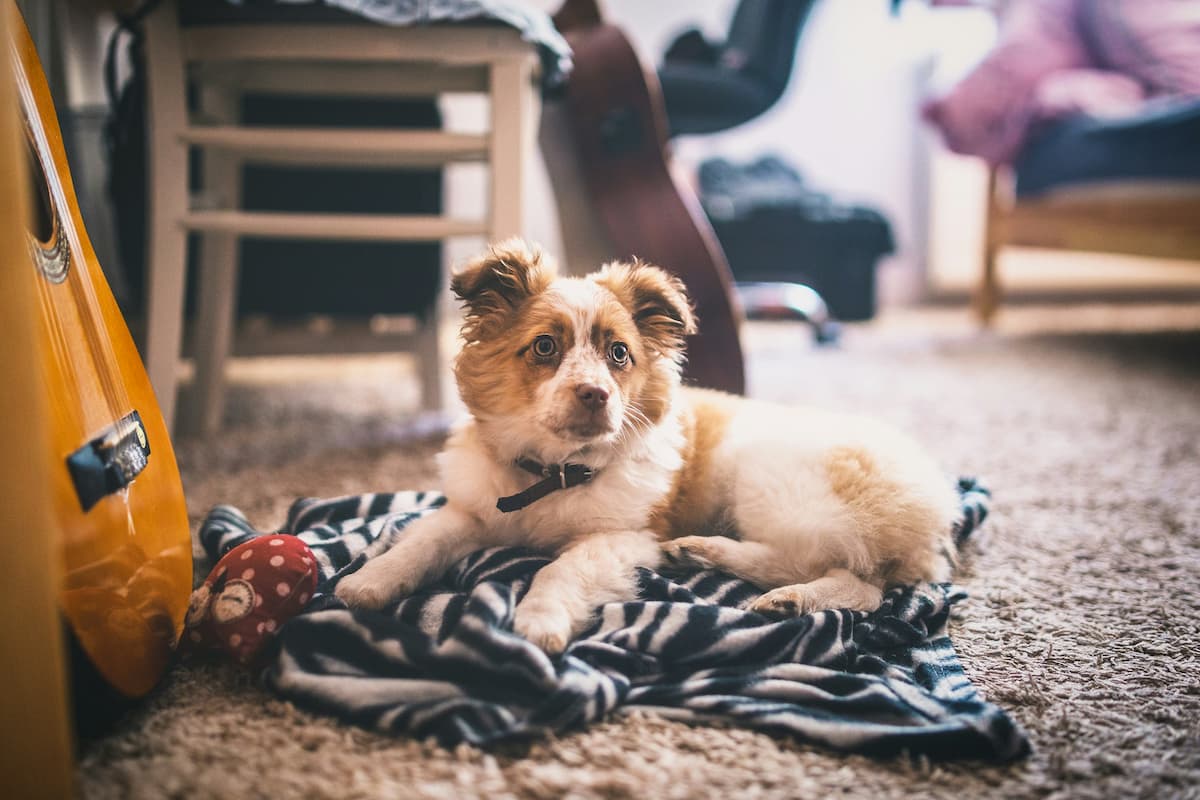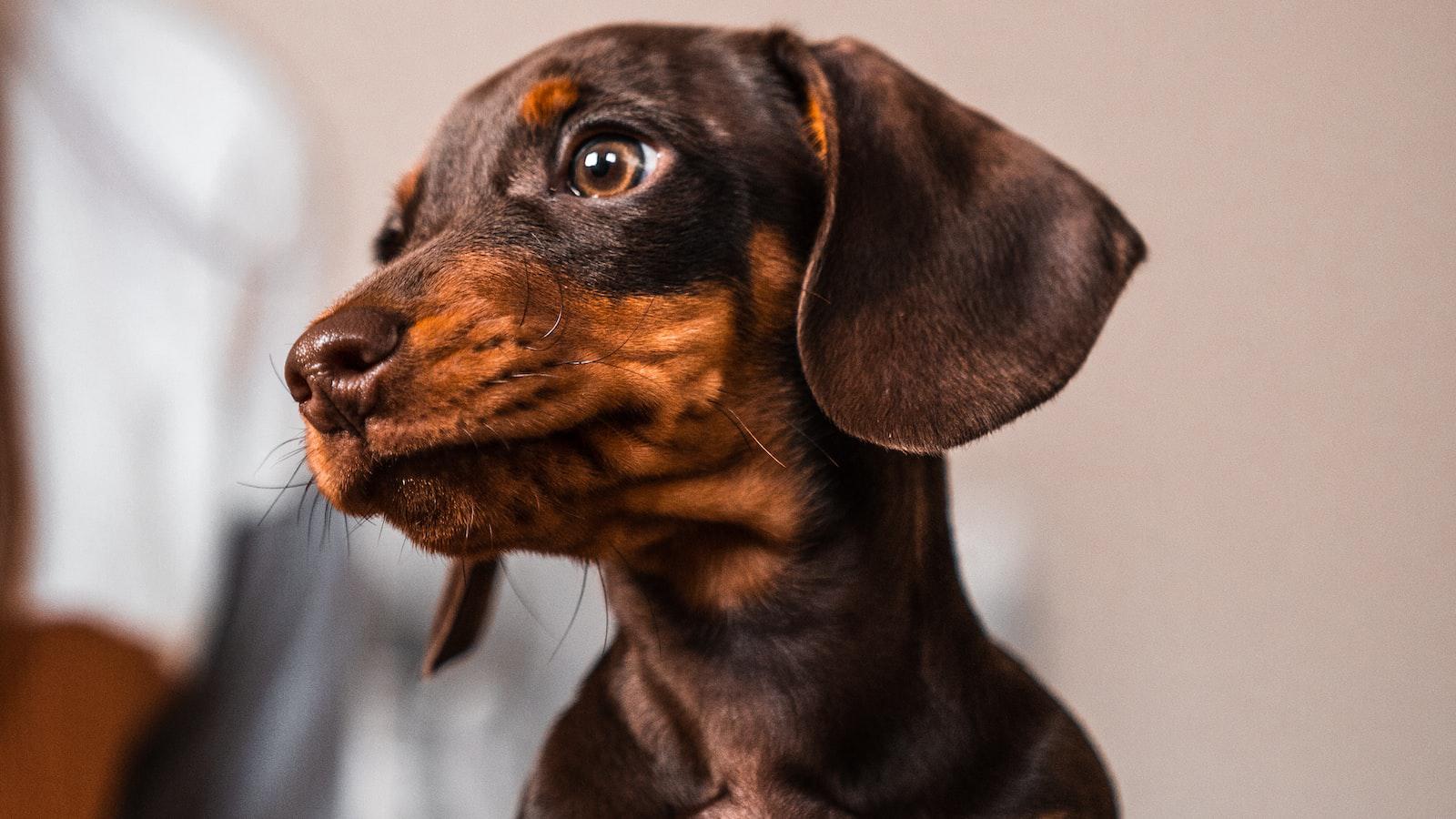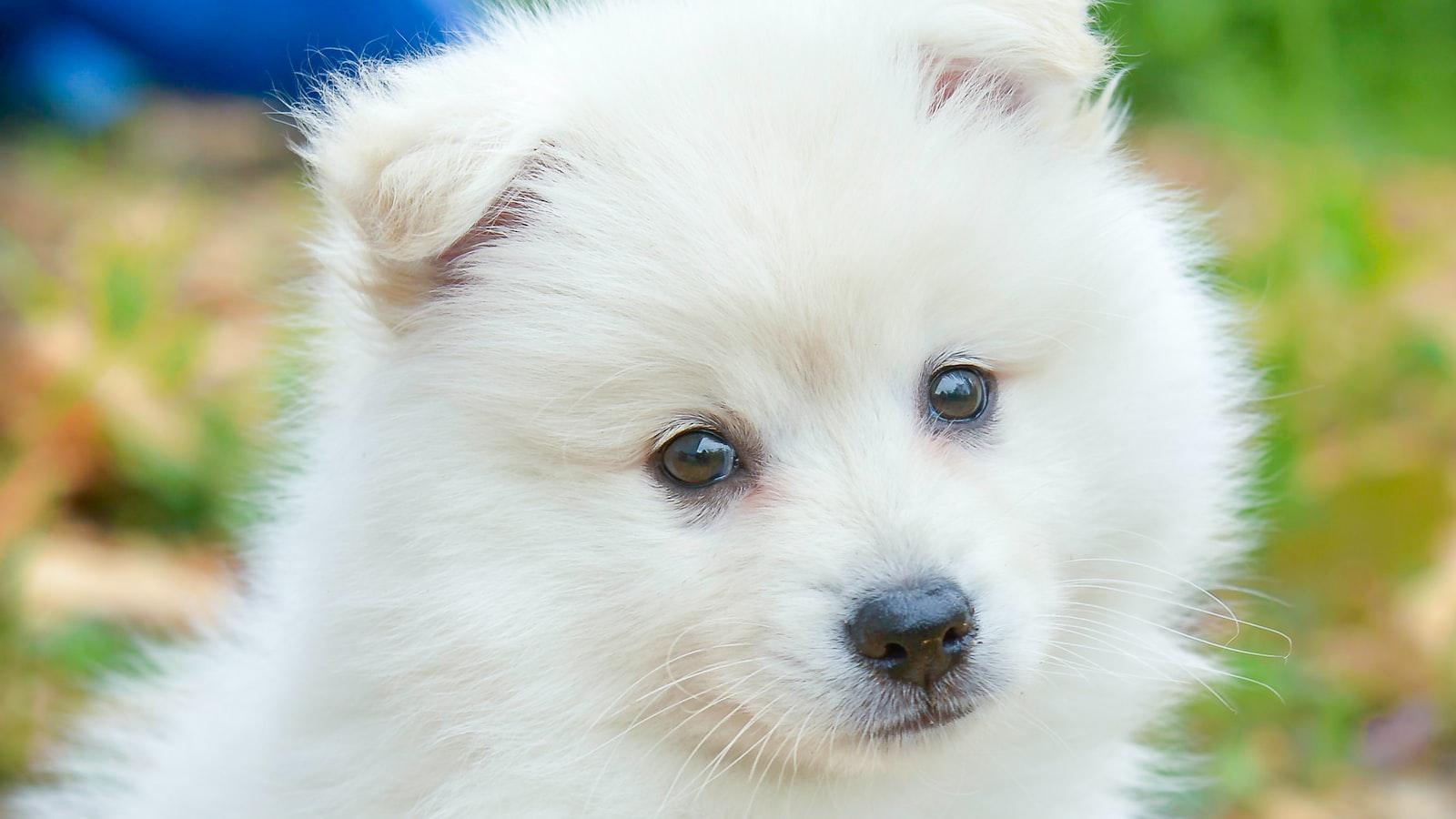Have you ever noticed that peculiar moment when you lock eyes with dog, only to have them quickly avert their gaze?
It’s as if they were caught red-pawed in the middle of a mischief or hiding a deep, dark secret.
But why do dogs do this?
Why do they play coy and look away when we try to connect with them through those soulful eyes?
This article has all the answers
What Does It Mean When Your Dog Avoids Eye Contact?
When it comes to communicating with dogs, eye contact plays a crucial role.
Have you ever wondered why your furry friend sometimes avoids making eye contact with you?
Well, there are actually many reasons behind this behavior, and it’s not as simple as it may seem.
Here are some reasons why your dog is averting your gaze:
1. Submission and respect: Dogs are highly social animals with a well-defined hierarchy.
Avoiding direct eye contact can be a sign of submission or respect.
When your dog looks away, it might be indicating that it recognizes you as the pack leader and is acknowledging your authority.
This behavior is particularly common in dog-human interactions where the dog sees you as a dominant figure.
2. Discomfort or fear: Like humans, dogs also experience discomfort and fear in certain situations. Making prolonged eye contact can be intimidating or threatening for your furry companion, especially if they are unsure or feeling cautious.
Looking away can serve as a coping mechanism in such instances, allowing them to release tension and avoid potential confrontation.
It’s essential to be aware of your dog’s body language and respect their need for personal space.
3. Redirected attention: Dogs have an incredible ability to focus on multiple stimuli simultaneously.
When your dog avoids eye contact, it may simply be redirecting its attention to something more captivating in its environment.
Whether it’s a squirrel running by, an intriguing scent, or even a distant noise, dogs are naturally curious creatures and easily get distracted.
So don’t take it personally if your furry friend chooses to momentarily ’look away’ to investigate something fascinating.
4. Threat behavior: In the doggy world, staring directly into another dog’s eyes is a display of dominance or aggression.
So, when we humans lock eyes with our furry friends, they may be instinctively trying to diffuse any potential tension or avoid conflict altogether.
By looking away, they’re essentially saying, “Hey, I mean no harm! I’m just a friendly pup!”
5. Avoiding a confrontation: Dogs are incredibly perceptive to human emotions, and they can easily sense if we’re feeling anxious, stressed, or even angry.
If they sense any negative emotions in us, they might look away to ease the situation and prevent further discomfort.
In a sense, it’s their way of avoiding a potentially unpleasant interaction and maintaining a sense of harmony in the pack (or family).
How to Encourage Eye Contact with Your Pup
Understanding the reasons why dogs avoid eye contact with us can help us build trust and strengthen our bond with our pups.
One possible reason why dogs look away when we look at them is that they perceive direct eye contact as a sign of dominance or a threat.
In the canine world, staring directly into another dog’s eyes is considered confrontational, and it often precedes aggressive behavior.
Similarly, when humans engage in a persistent gaze, dogs may interpret it as a challenge.
To create a safe and comfortable environment for our pups, it’s important to be aware of this natural canine instinct and avoid prolonged eye contact, especially with dogs we have just met or are in the process of training.
Another reason dogs may look away is that they are simply overwhelmed or feeling anxious in certain situations.
Just like humans, dogs have their own comfort zones and limits.
If they find a particular environment or situation stressful, they may look away to divert their attention and cope with the stress. For example, a busy and noisy place, an unfamiliar person or object, or a tense atmosphere can all trigger feelings of unease in our dogs.
By recognizing their discomfort and respecting their boundaries, we can gradually help them build confidence and reinforce the trust in our relationship.
Techniques to Help Your Dog Feel More Comfortable Making Eye Contact
Do you want to enhance positive associations and help your dog feel more comfortable making eye contact? Here are some simple techniques you can try.
Firstly, it’s important to understand that building trust is key when it comes to eye contact.
Start by introducing short periods of gentle eye contact during moments of relaxation and praise your dog when he holds your gaze.
Over time, gradually increase the duration and intensity of eye contact, always paying attention to your dog’s body language and comfort level.
In addition to building trust, it’s essential to make eye contact a positive and rewarding experience for your pup.
Use treats or special toys as a reward when your dog willingly makes eye contact with you.
Pairing eye contact with positive reinforcement helps your dog associate this behavior with something enjoyable.
Additionally, be mindful of your facial expressions.
If your dog senses tension or negativity in your face, he may be hesitant to make eye contact.
Keep a relaxed and friendly expression, and before you know it, your dog will be more comfortable connecting with you through eye contact.
FAQ
Q: Is there a specific reason behind why do dogs look away when you look at them?
A: Absolutely! Looking away is just one way dogs communicate with us.
Believe it or not, direct eye contact can be seen as threatening or challenging in the doggy world.
Our four-legged buddies have inherited this instinct from their wolf ancestors, who relied on subtle body language to maintain harmony within the pack.
By averting their gaze, dogs are actually showing deference and respect towards their human companions.
Q: So, is it accurate to say that dogs don’t like it when we stare at them?
A: It’s not that simple! While some dogs may find prolonged eye contact uncomfortable or intimidating, others are perfectly fine with it.
Just like humans, each dog is unique and has their own individual preferences.
Some pooches enjoy staring contests and may even see it as a bonding experience.
However, it’s important to remember that dogs have varying comfort levels when it comes to maintaining eye contact, so always pay attention to their body language and adjust accordingly.
Q: Can this behavior be interpreted as a sign of submission?
A: You hit the nail on the head! Looking away is often a submissive gesture in doggy language.
By avoiding direct eye contact, dogs are showing deference and indicating that they mean no harm.
It’s their way of saying, “I acknowledge your dominance and respect your authority.” So, next time your furry friend looks away, know that it’s a humble sign of affection and trust!
Q: Are there any other reasons why dogs avert their gaze?
A: Absolutely! While submission is one reason, there could be other factors influencing a dog’s decision to look away.
Occasionally, dogs may look away when they feel anxious, fearful, or uncomfortable in a certain situation.
It can serve as a coping mechanism to alleviate stress and avoid potential confrontation.
Additionally, if your dog is feeling guilty after, let’s say, sneaking a treat from the kitchen, looking away can be a way of avoiding accountability for their mischief.
Conclusion
So there you have it, the fascinating reason behind why dogs often look away when we gaze into their eyes.
It turns out, it’s not a sign of their butting heads with your authority or a lack of interest in you.
Instead, it’s their way of showing respect and acknowledging your position as their beloved owner.
As we’ve learned, staring directly into a dog’s eyes can be seen as a threat in their world.
It triggers their survival instincts and can make them feel uncomfortable or vulnerable.
By diverting their gaze, they are simply signaling that they mean no harm and are deferring to you. Isn’t that amazing?
It’s important to remember that dogs communicate differently than we do, and understanding their subtle body language is key to strengthening your bond with them.
So instead of taking it personally when your furry friend looks away, appreciate the trust they have in you and respond in a way that aligns with their instincts.
Next time you catch your dog casting a quick glance elsewhere while you’re gazing at them, don’t fret!
Your four-legged companion is simply being a good dog and showing their affection in their own unique way.
After all, dogs are incredible creatures that constantly surprise us with their unwavering loyalty and love.











